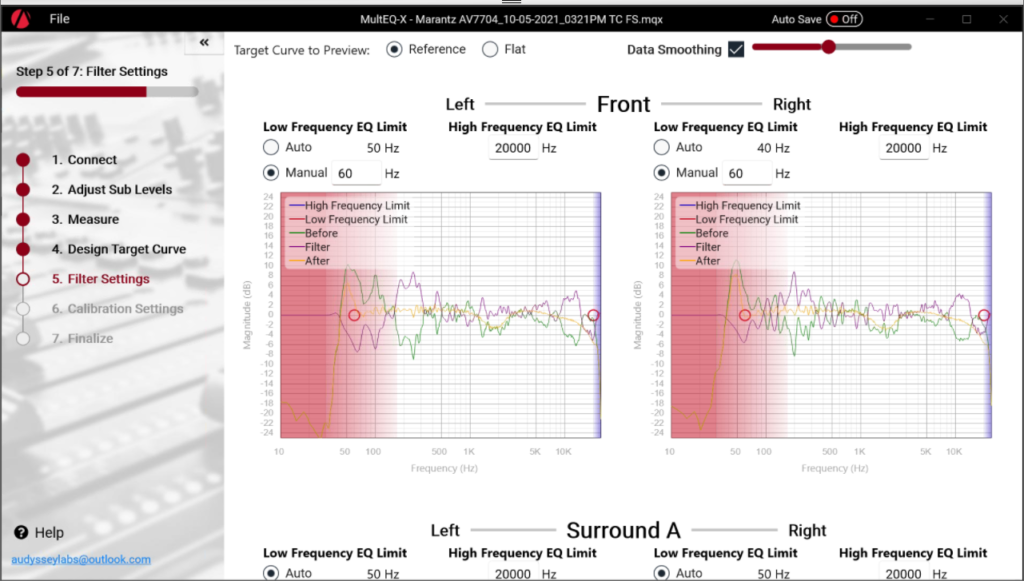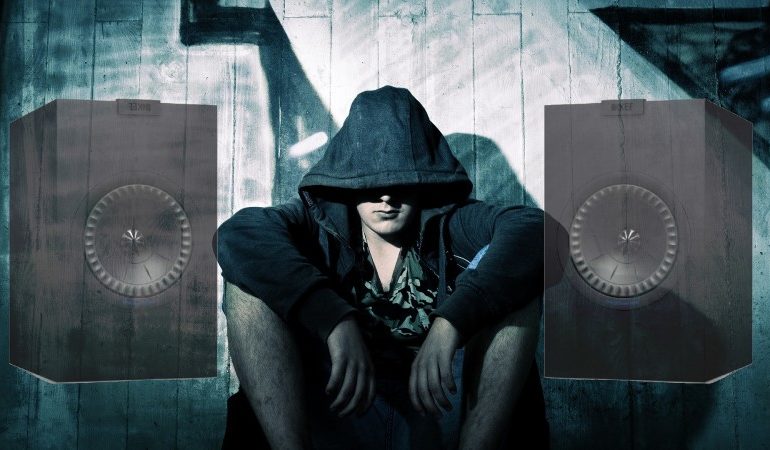Why You Shouldn’t Listen to Audiophiles
Every hobby has its “experts.” People who will base their whole personalities on knowing the most about the hobby. These people speak with authority. They answer questions immediately and without hesitation. They are the loudest person in the room and will brook no contradiction. If you dare suggest advice that is in any way different from theirs, they will launch into a rant that will last hours spouting “facts” and examples of why they are right and you are wrong. In home theater and HiFi, these people are Audiophiles, and you absolutely should not listen to them!
We’ve talked about Audiophiles before. Many, many times. We are not fans of the word, in particular, but someone doesn’t have to call themselves an Audiophile to fit the description. These people will make themselves known by steering all conversations toward audio and home theater. They will eschew any name-brand product in favor of boutique brands. They are sure that separates are better than AV receivers, that vinyl is the best-sounding format, and that subwoofers are absolutely useless.
The Audiophile Ego is as Massive as it is Delicate
The foundation of the Audiophile’s ego is confidence. They speak quickly, answer immediately, and their responses are overly long and peppered with “facts.” But that foundation has tons of cracks. It is weak and crumbling. The Audiophile has built their entire personality around their expertise in home theater and HiFi. That ego can stand no external pressure. They can’t handle being contradicted.
That’s why they react with such anger whenever they are challenged on any of their advice. They’ll insult or mock anyone that dares suggest they might be wrong. If they are online and they have any moderation power, they will ban anyone that dares offer contrary or even slightly modified advice.
You shouldn’t listen to the Audiophile not because they are always wrong. Quite the contrary, they are often correct. They certainly do have a lot of knowledge that they can share. The problem is that they aren’t really trying to help you. They aren’t trying to find the right answer for YOU. Instead, they are giving the right answer for themselves and their ego. If they’ve decided that they don’t need a subwoofer, then no one needs a subwoofer. If you get a subwoofer and like it, they can’t just be happy for you. They take it as a direct attack on their ego and personality and react accordingly.
There is Nothing as Intractable as an Expert
The self-titled Audiophile is declaring to the world that they are an expert. They know more than most (if not all others) about home theater and HiFi. One of the biggest problems with “experts” is that they quickly become entrenched in their beliefs. So much so that the Audiophile refuses to listen to any data or information to the contrary.
And why should they? They know more than you! How can you (or most other people) have any information that they’ve not already examined and either accepted or rejected? The only people that could actually gain their attention would be other Audiophiles. But not just any person calling themselves an Audiophile. It would have to be someone that actually knew what they were talking about. Someone with just as much understanding as them.
A person that basically agrees with them on nearly everything. You can see how this might be a problem. Audiophiles end up surrounding themselves with other people that agree with them and reject all others as being inferior. This doesn’t create a fertile ground for growth or change.

When Belief is as Good as Science
When someone is a beginner in a hobby, they look outside themselves for knowledge. They have a question, so they look for an answer. They may stop if the answer they find agrees with their beliefs, but often they will look for even more validation. Multiple sources of information so that they can be sure they have the right answer.
The biggest problem with the Audiophile is that they stop needing external data to justify their beliefs. As an expert, the Audiophile doesn’t need to listen to outside sources. They can use their knowledge as all the data they need. If it makes sense to them, then that is enough. They know that some metals are better conductors than others therefore those metals must sound better. Bi-amping uses twice the number of amps therefore it must be better.
They Talk In “Subjective”
Of all the transgressions that Audiophiles commit, their commitment to speaking in almost wholly subjective terms bothers me the most. Why? What does warm sound like? Or better yet? Transparent? These are nebulous terms that sound important and are just vague enough to sound plausible.
And yes, I am aware that I have used the term neutral or bright. But those terms are based on objective speaker measurements. Neutral? The speaker measures very linear, with a very predictable sound. Bright? The speaker, either through design or cross-over, has an exaggerated treble response.
But why do audiophiles eschew objective language? Easy. Because objective measurements will challenge all of their closely held beliefs. No, Mr. Audiophile, those speaker cables don’t add any additional bass or “depth”. Your fancy gold-plated interconnects? That’s right, when we measure them, they are functionally identical to my Amazon Basics ones. But we “need” to hear a difference because we paid so much more for them.
Never Stop Learning
We don’t listen to Audiophiles not because they are always wrong. That isn’t the case at all. It’s because they stop learning. They stop taking in new data and information as it is discovered and they don’t change their opinions. Here at AV Gadgets, we strive to never stop learning. We have and will change our advice as we learn about new studies and data. You may consider us experts or Audiophiles but we’ll never use those terms. We are just like you – enthusiasts who care about getting the best HiFi and home theater experience.


